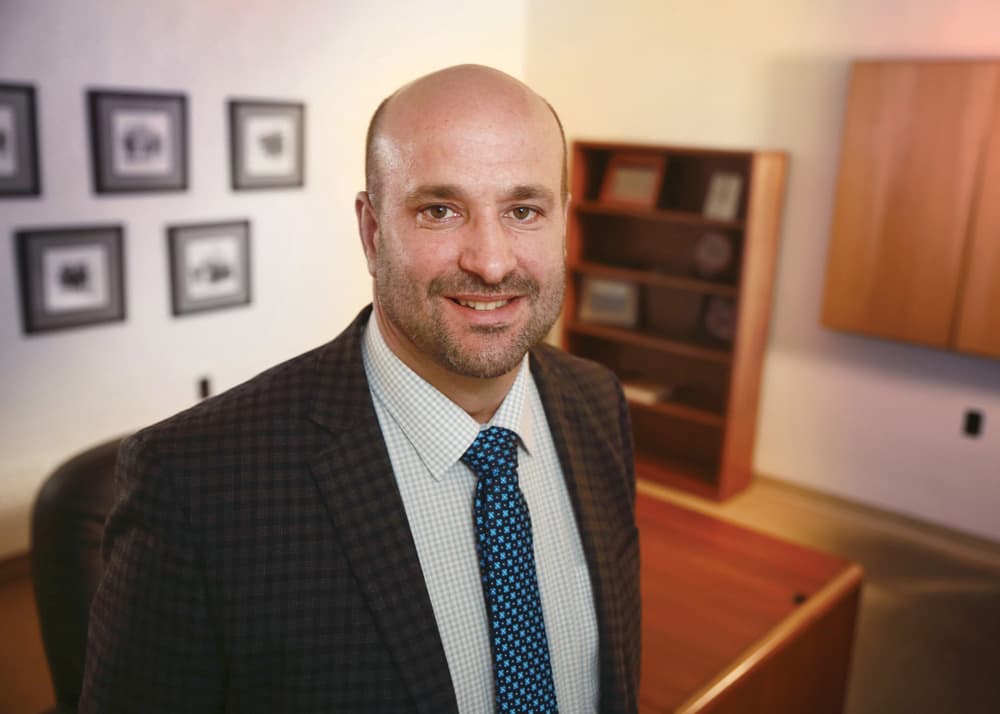AGBU, a joint venture between the University of New England and NSW DPI is one of the world’s leading genetics institutions. AGBU is renowned the world over for its work on improving genetics in cattle and sheep and Steve and his team are incredibly excited about getting to work applying their expertise into Australia’s honey bee industry.
“I’m incredibly excited to be working with honey bees,” Dr Miller said.
“If you look at the way that genetics have improved the global stock of cattle to be more productive, more sustainable, and more disease resistant you can see that the possibilities for our bee industry are endless.”
Despite a career working mostly with cattle, Steve and his team are well equipped to thrust Australian honey bee genetics into a new era.
“Despite the animals obviously being world’s apart, the tools and techniques available to us as geneticists is actually identical.
“What’s more – with the much quicker generational turnover, the opportunity for progress is much better for bees. If we can achieve what we’ve done with cattle just imagine what we could do with bees,” he said.
Steve believes that genetic improvement is the most important method for consistent increase in productivity, profitability, sustainability and overall performance for the honey bee industry.









